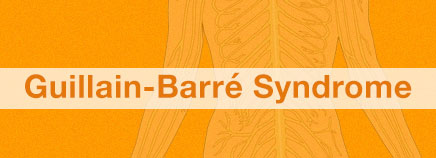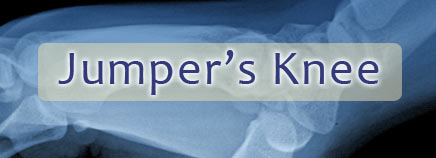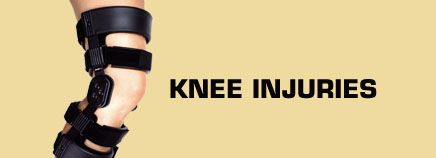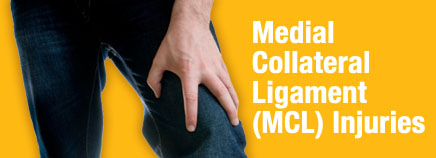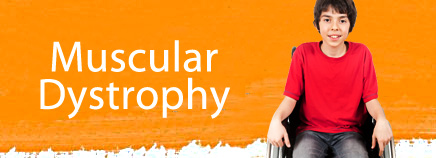Guillain-Barré syndrome (GBS) is a rare medical condition that affects the nerves outside the brain and spinal cord. Guillain-Barré (GHEE-yan bah-RAY) syndrome often causes people to have weakness or even paralysis in parts of the body. Most people who get Guillain-Barré syndrome recover and return to their normal lives and …
In-toeing & Out-toeing in Toddlers
Whether your baby rises from a crawl with a shaky first step or a full-on sprint across the living room, chances are you’ll be on the edge of your seat. But remember — a child’s first steps usually aren’t picture perfect. Learning to walk takes time and practice, and it’s …
Infant Torticollis
Torticollis, or wryneck, literally means “twisted neck” in Latin. You may have woken up with torticollis after an uncomfortable night of sleep. In newborns, torticollis can happen due to positioning in the womb or after a difficult childbirth. This is called infant torticollis or congenital muscular torticollis. It can be …
Jumper’s Knee (Patellar Tendonitis)
Jumper’s knee — also known as patellar tendonitis or patellar tendinopathy — is an inflammation or injury of the patellar tendon, the cord-like tissue that joins the patella (kneecap) to the tibia (shin bone). Jumper’s knee is an overuse injury (when repeated movements cause tissue damage or irritation to a …
Knee Injuries
No parent wants to see their sports-loving child sitting on the sidelines, but knee injuries put thousands of young athletes on the bench every year. It’s not unusual for kids to fracture, sprain, strain, or dislocate the knee joint while playing on the field or just goofing around with friends. …
Kyphosis
Everyone’s spine is slightly rounded as it runs up the back. The thoracic vertebrae, which are attached to the ribs, usually round forward at a gentle angle that everybody has, about 20-40 degrees. If this angle is too pronounced, more than 50 degrees or so, it’s called kyphosis (also known …
Marfan Syndrome
About Marfan Syndrome Marfan syndrome is a progressive genetic disorder that affects the body’s connective tissue. Connective tissue is everywhere in the body, providing structure and support for cells. Think of it as a sort of “glue” that helps support every organ, blood vessel, bone, joint, and muscle. In people …
Medial Collateral Ligament (MCL) Injuries
About Knee Injuries Knee injuries are common among active kids and teens, especially athletes. A torn medial collateral ligament (MCL) — a ligament that helps give the knee its stability — is one of the more serious injuries. Kids who tear their MCL tend to play contact sports, like football …
Muscular Dystrophy
About MD Muscular dystrophy (MD) is a genetic disorder that gradually weakens the body’s muscles. It’s caused by incorrect or missing genetic information that prevents the body from making the proteins needed to build and maintain healthy muscles. A child who is diagnosed with MD gradually loses the ability to …
Nursemaid’s Elbow
About Nursemaid’s Elbow Toddlers and preschoolers are at risk for a common elbow injury called nursemaid’s elbow. This happens when a ligament slips out of place and gets caught between two bones of the elbow joint. Sometimes it gets unstuck by itself. In most cases, a health care professional gets …

